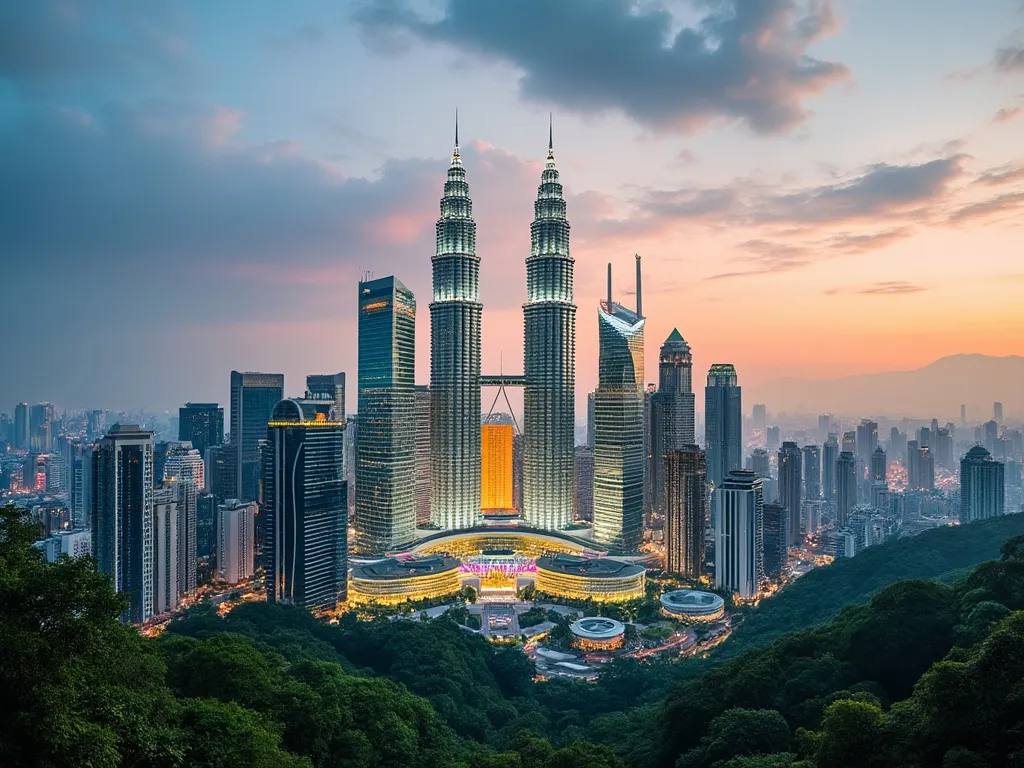
Kuala Lumpur es una bulliciosa metrópolis que combina a la perfección la cultura tradicional y moderna. Desde sus humildes comienzos como un pequeño pueblo minero de estaño en el siglo XIX, Kuala Lumpur ha crecido hasta convertirse en una ciudad vibrante y diversa, ganándose el apodo de la "Ciudad Jardín de las Luces".
Información sobre Kuala Lumpur
| País | 🇲🇾 Malasia |
| Población | 1.8 millones (ciudad), 7.5 millones (metro) |
| Coordenadas | 3.1389° N, 101.6169° E |
| Área | 243 km² (93.8 mi²) |
| Clima | Clima de selva tropical |
| Idioma | Malayo, Inglés, Chino Mandarín, Tamil |
| Moneda | Ringgit malayo (MYR) |
| Zona horaria | UTC+8 (MST) |
| Proximidad a otras ciudades importantes | Putrajaya (30 km), Penang (300 km), Singapur (320 km) |
Antecedentes Históricos de Kuala Lumpur
Kuala Lumpur fue fundada en 1857 por un grupo de mineros chinos, atraídos por la abundancia de estaño en la zona. La ubicación estratégica de la ciudad en la confluencia de los ríos Klang y Gombak la convirtió en un lugar ideal para el comercio y el comercio. En 1880, los británicos establecieron Kuala Lumpur como la capital de los Estados Federados Malayos, y la ciudad comenzó a crecer rápidamente. La ciudad jugó un papel significativo en la lucha del país por la independencia, con muchos eventos y figuras notables que dieron forma a la historia del país.
Ubicación Geográfica de Kuala Lumpur
Kuala Lumpur está situada en el Valle de Klang, un vasto y fértil valle en la parte occidental de la Península de Malasia. La ciudad está enclavada en medio de las montañas Titiwangsa, que proporcionan un impresionante telón de fondo al horizonte de la ciudad. El río Klang fluye a través de la ciudad, proporcionando un entorno pintoresco y una fuente de agua fresca.
Significado Cultural de Kuala Lumpur
Kuala Lumpur es un crisol de culturas, con influencias malayas, chinas, indias y occidentales evidentes en su arquitectura, cocina y tradiciones. La ciudad alberga numerosos hitos culturales, incluidas las icónicas Torres Petronas, las Cuevas de Batu y el Museo Nacional. La vibrante escena artística de la ciudad se refleja en sus numerosas galerías, museos y lugares de actuación.
Importancia Económica de Kuala Lumpur
Kuala Lumpur es el centro económico de Malasia, con un PIB de más de $100 mil millones. La ciudad es un importante centro de finanzas, comercio e industria, con muchas corporaciones multinacionales que tienen operaciones allí. La ciudad también es un destino turístico popular, atrayendo a millones de visitantes cada año.
Datos Interesantes sobre Kuala Lumpur
- Kuala Lumpur alberga las torres gemelas más altas del mundo, las Torres Petronas.
- La ciudad tiene una vibrante escena de comida callejera, con platos populares como nasi lemak y char kway teow.
- Kuala Lumpur alberga la rotonda más grande del mundo, la Rotonda de Kuala Lumpur.
- La ciudad tiene una diversa gama de festivales y celebraciones, incluido el festival Thaipusam y el Festival Internacional de Cine de Kuala Lumpur.
Atracciones Turísticas en Kuala Lumpur
- Torres Petronas
- Cuevas de Batu
- Museo Nacional
- Plaza Merdeka
- Mercado Central
- Parque de Aves de Kuala Lumpur
Conclusión sobre Kuala Lumpur
En conclusión, Kuala Lumpur es una ciudad que combina a la perfección la tradición y la modernidad, ofreciendo una experiencia única y emocionante para los visitantes. Desde su rica historia y hitos culturales hasta su vibrante escena artística e importancia económica, Kuala Lumpur es una ciudad que tiene algo para todos.
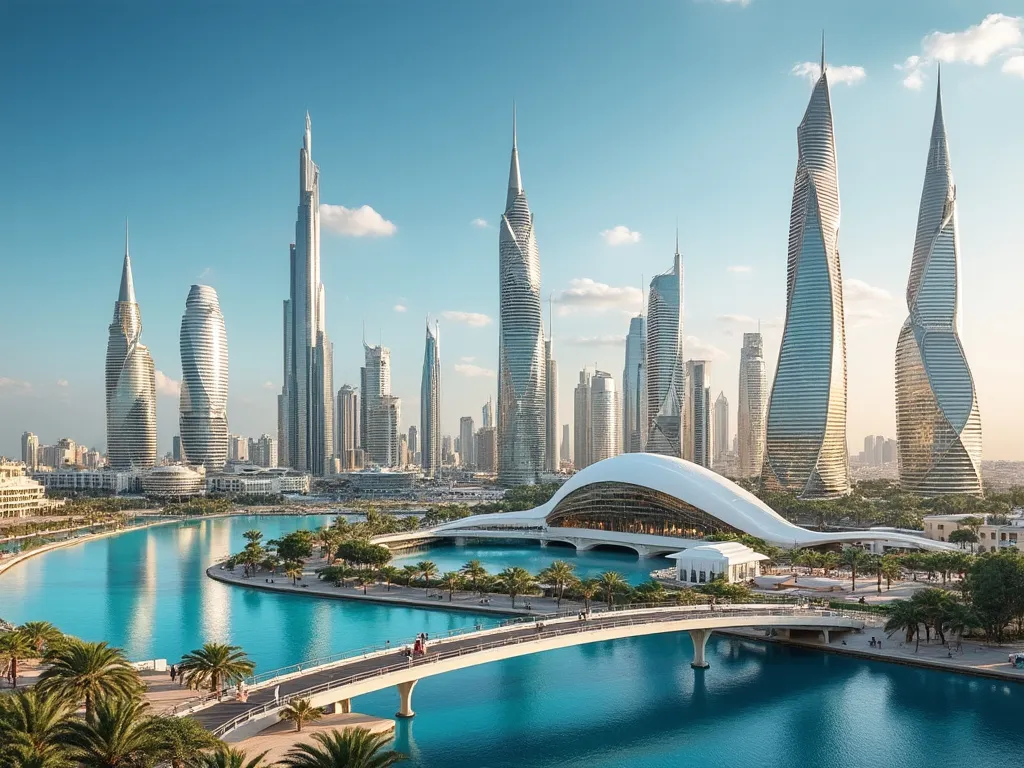 Kuwait
Kuwait
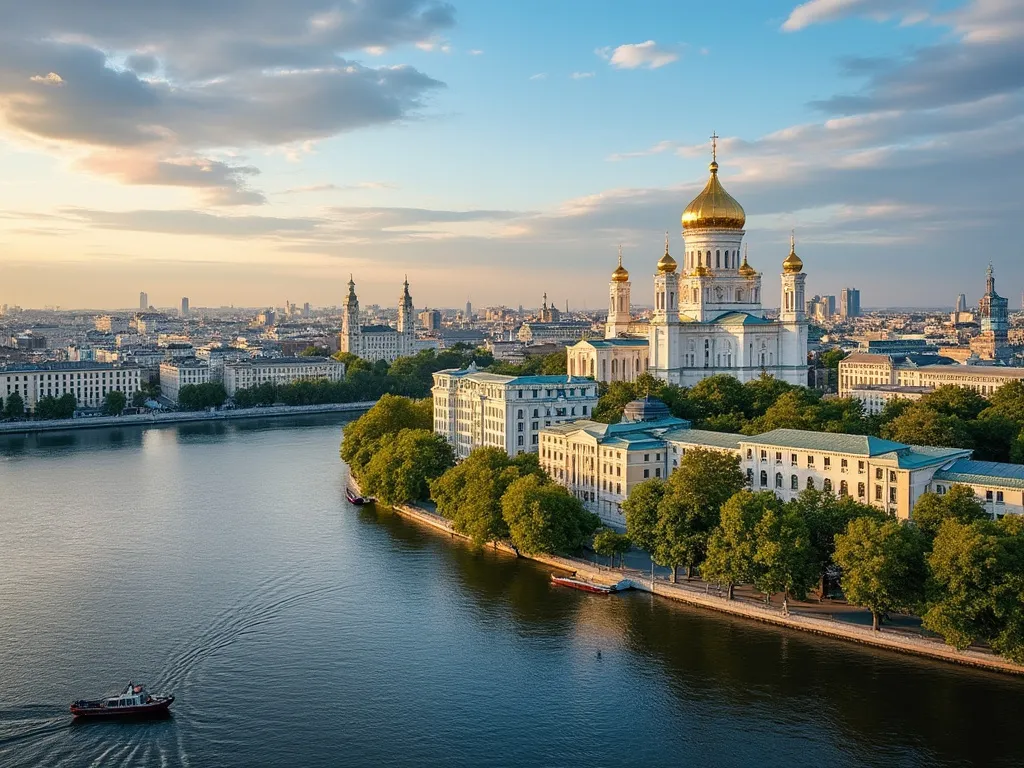 Kiev
Kiev
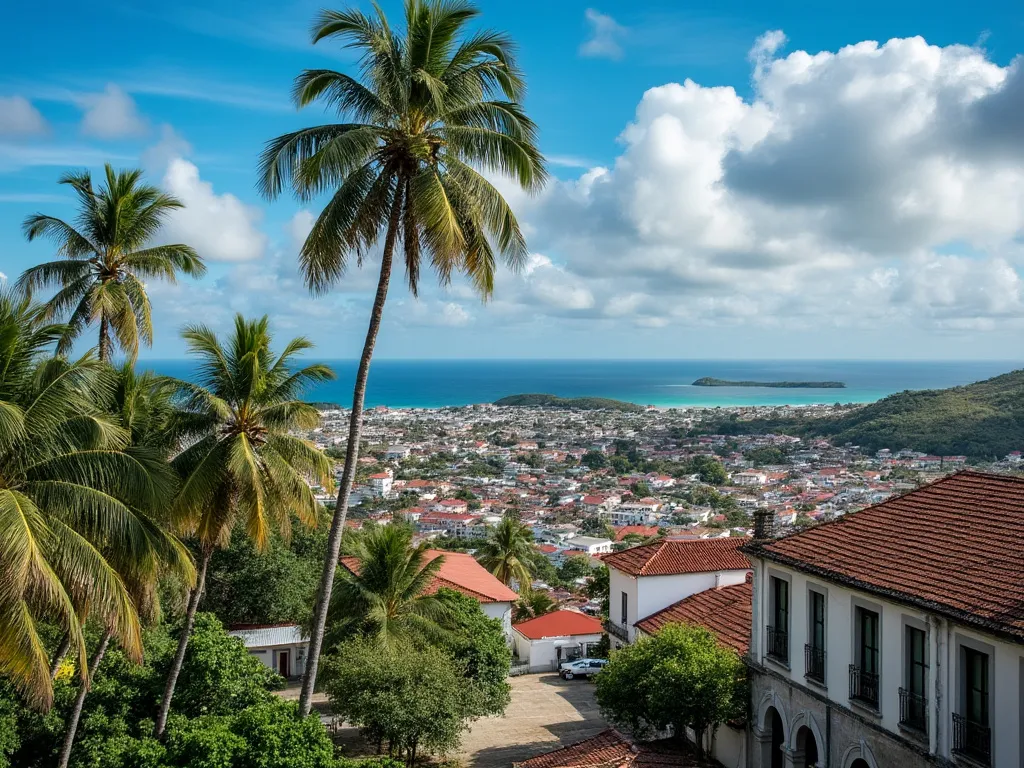 Kingstown
Kingstown
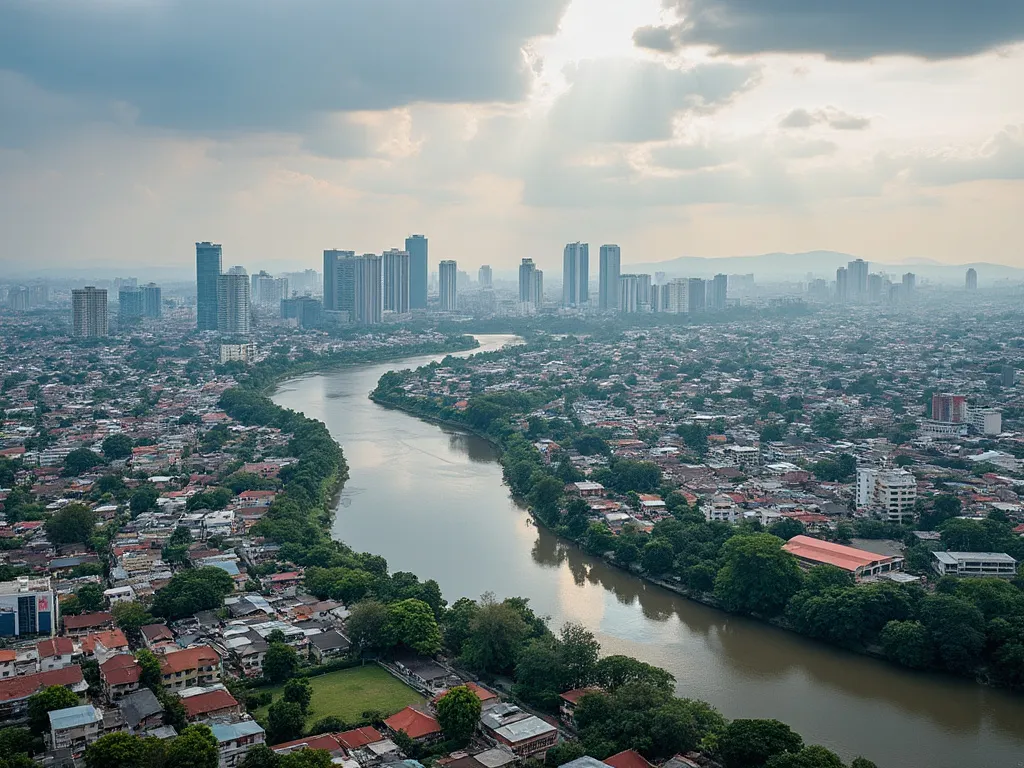 Kinsasa
Kinsasa